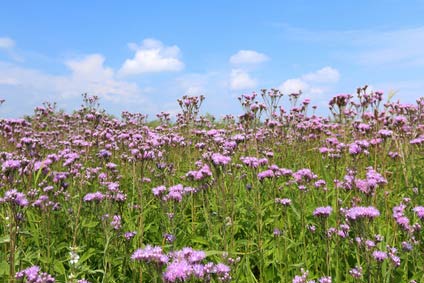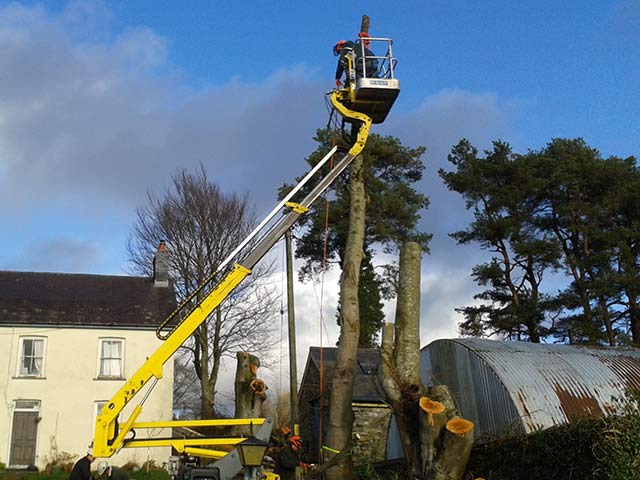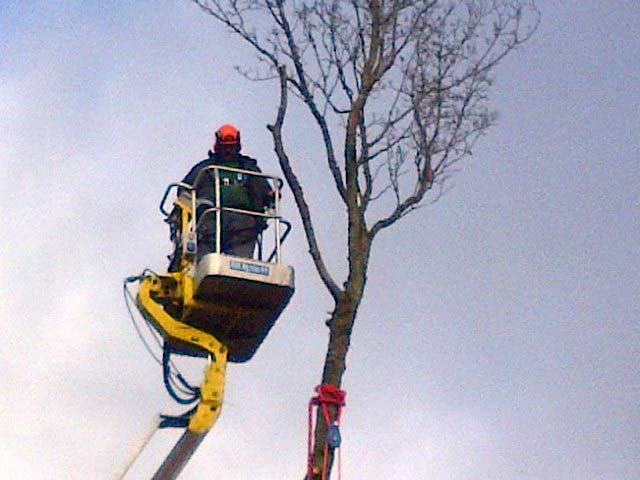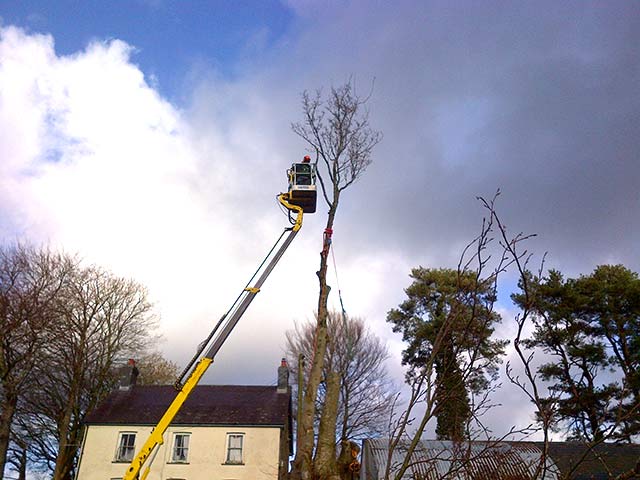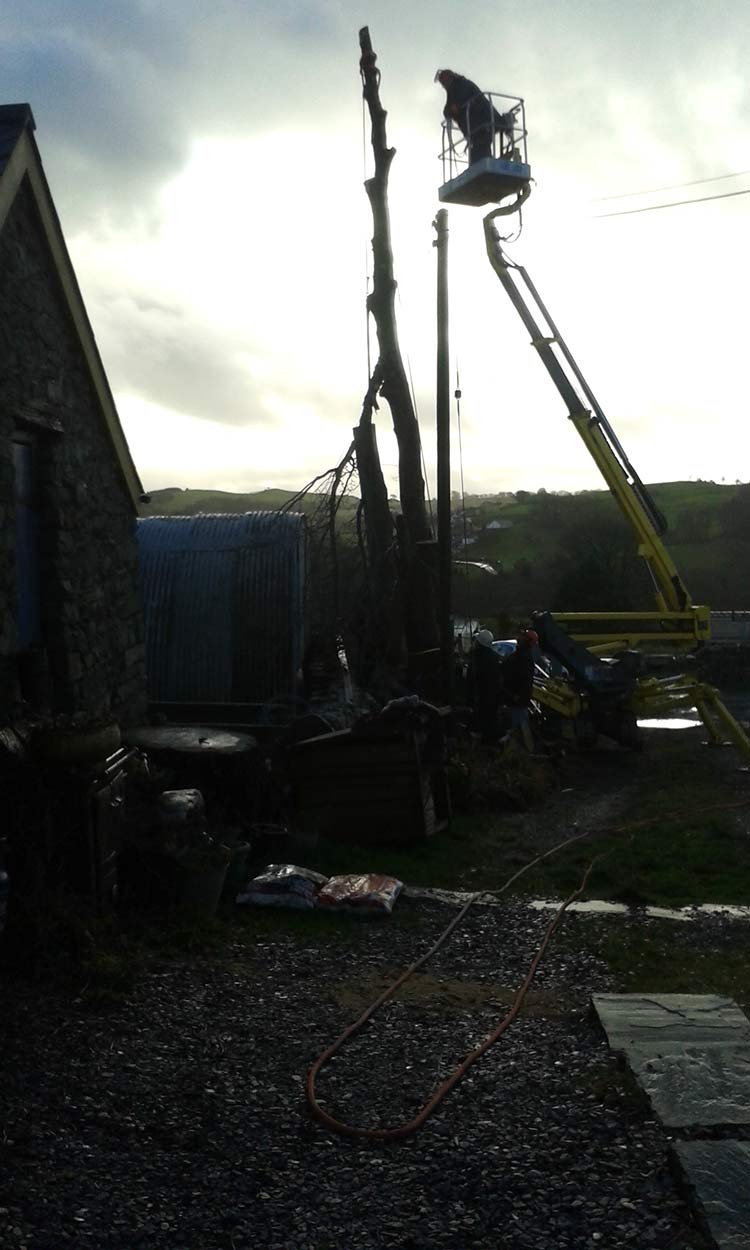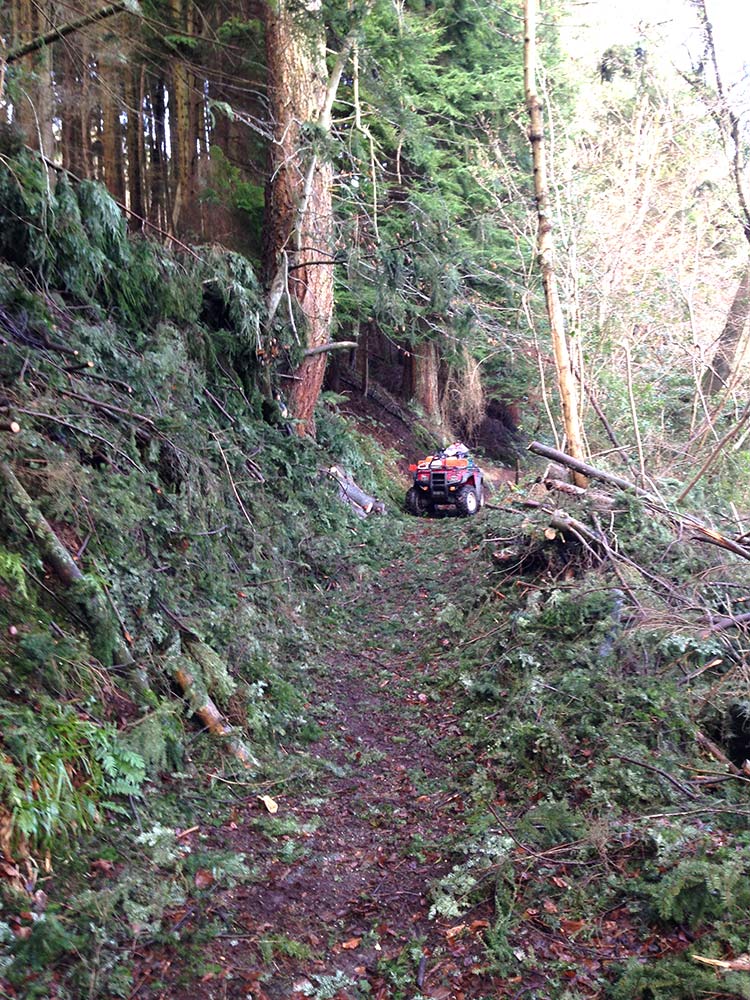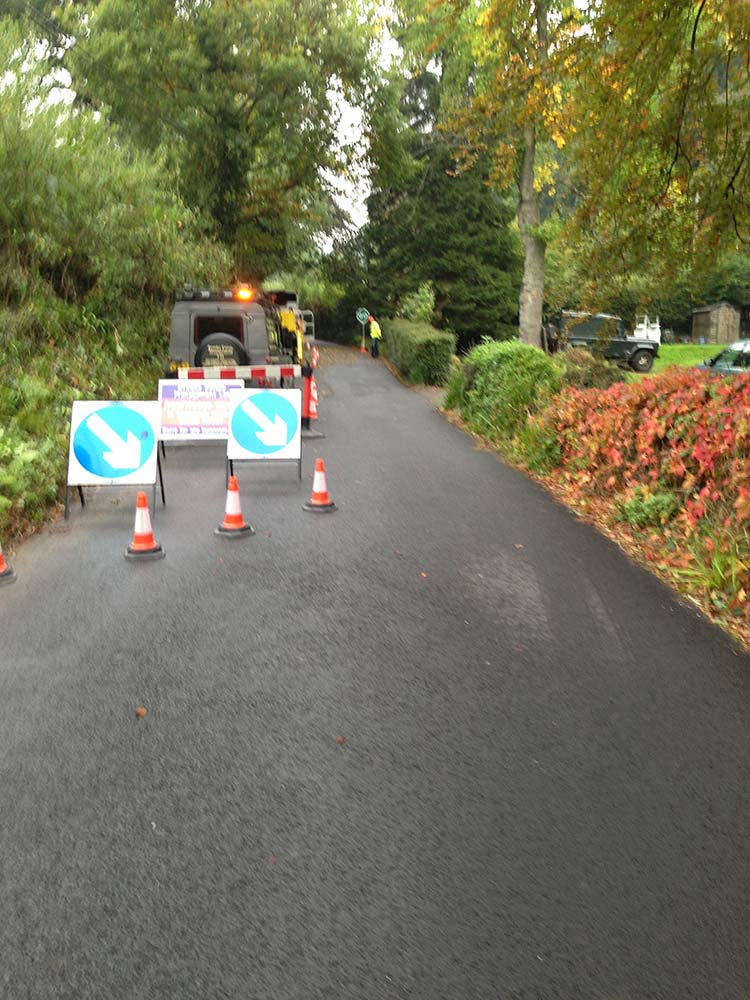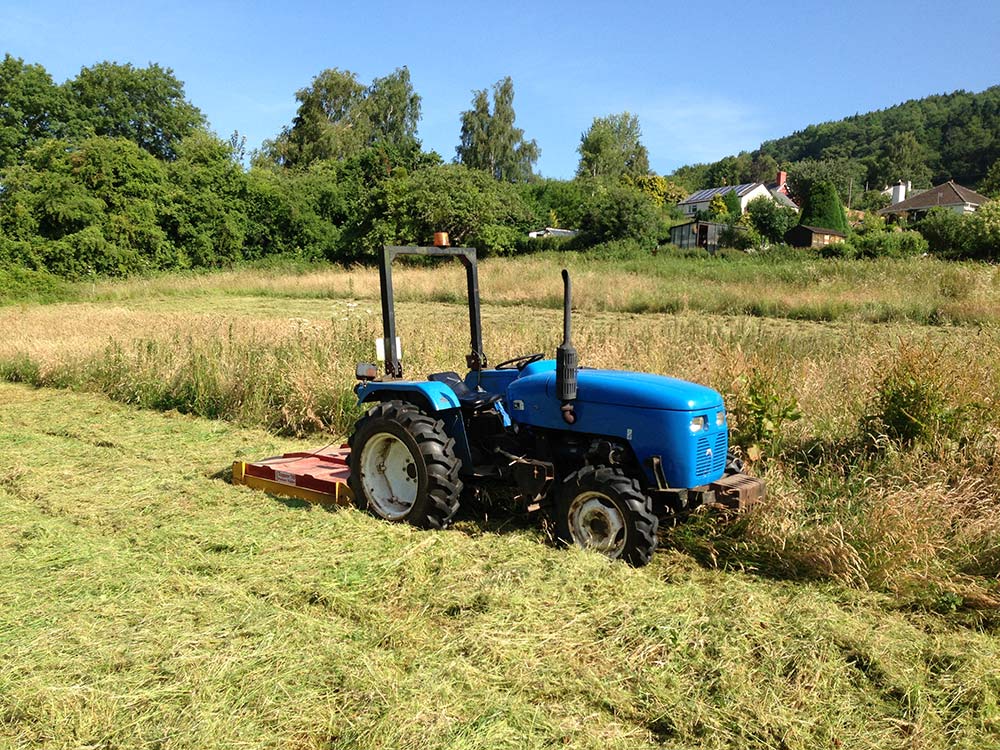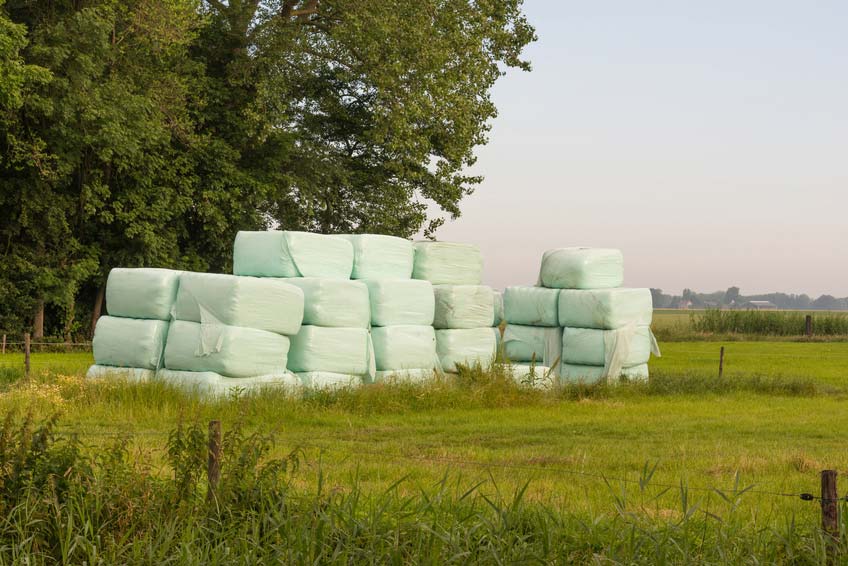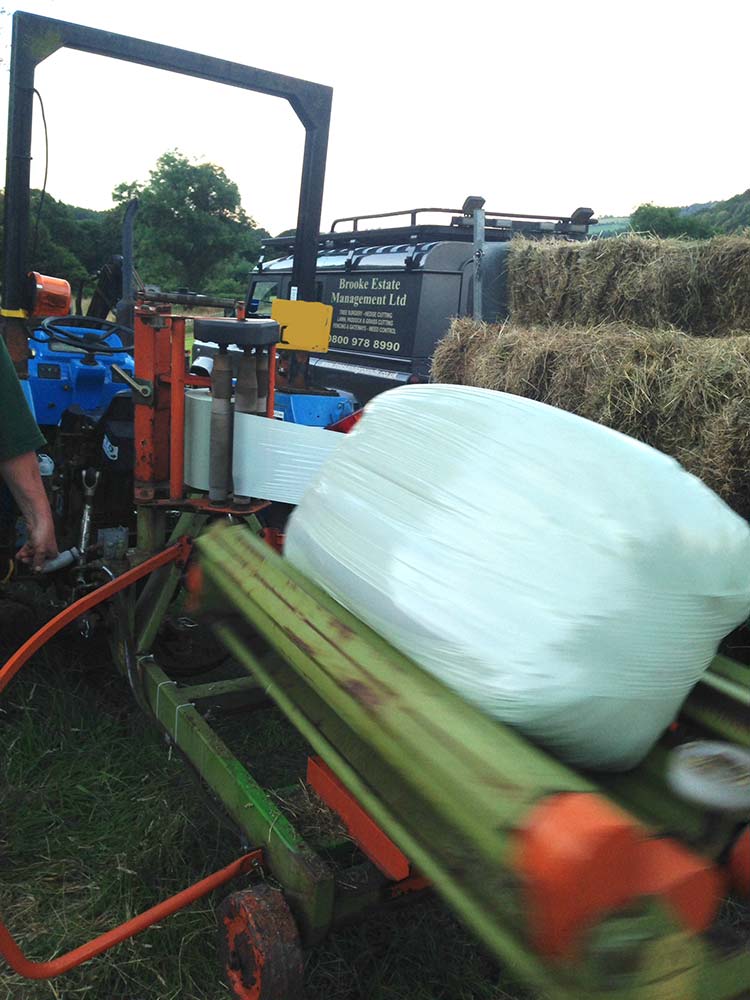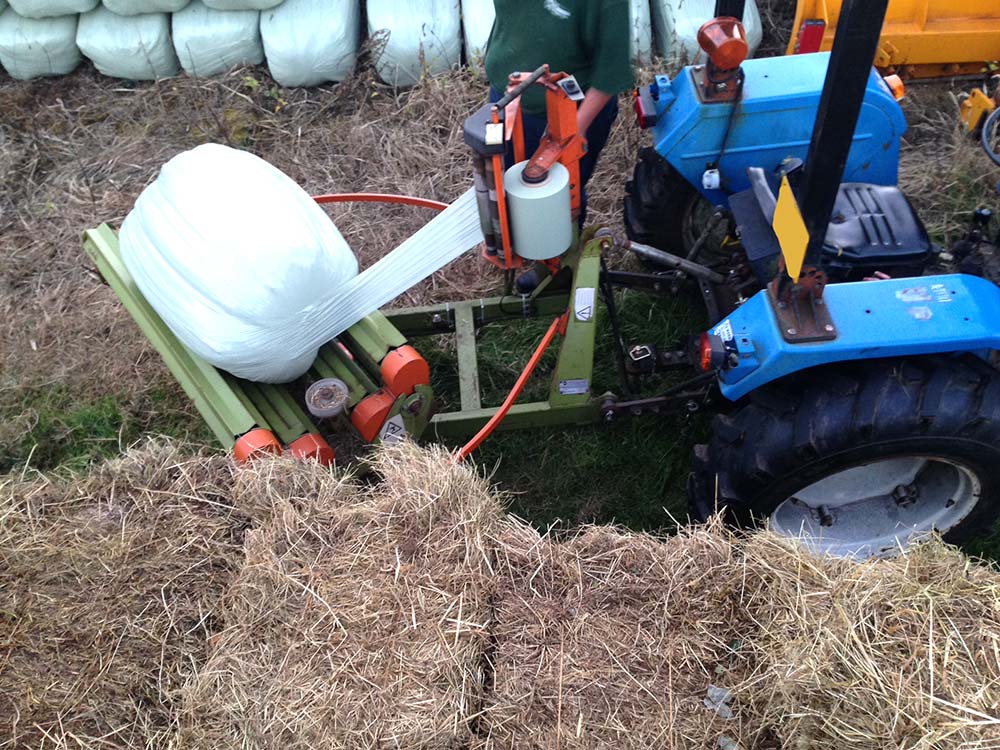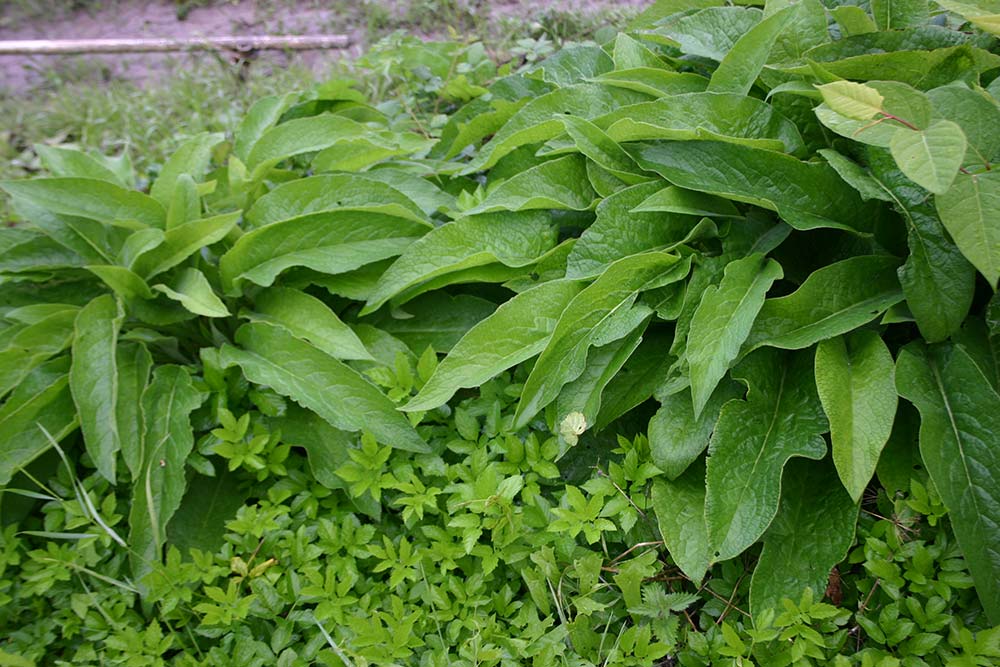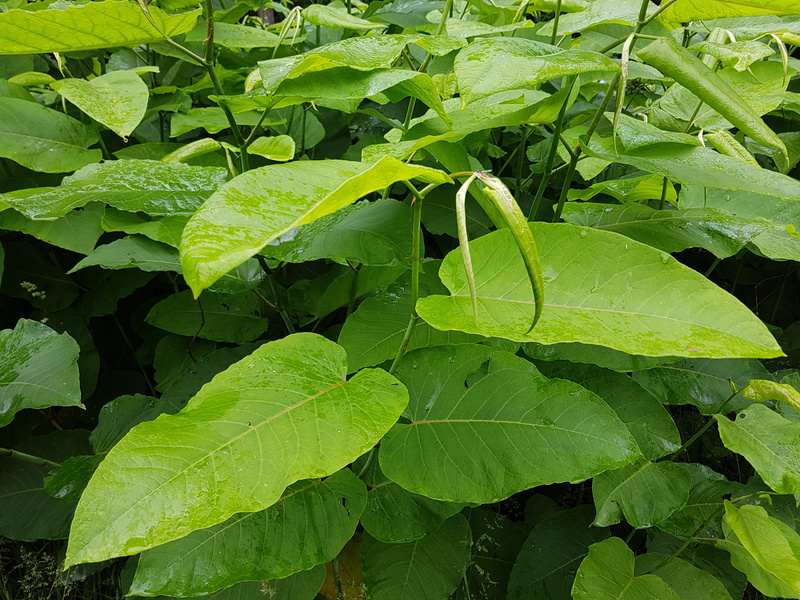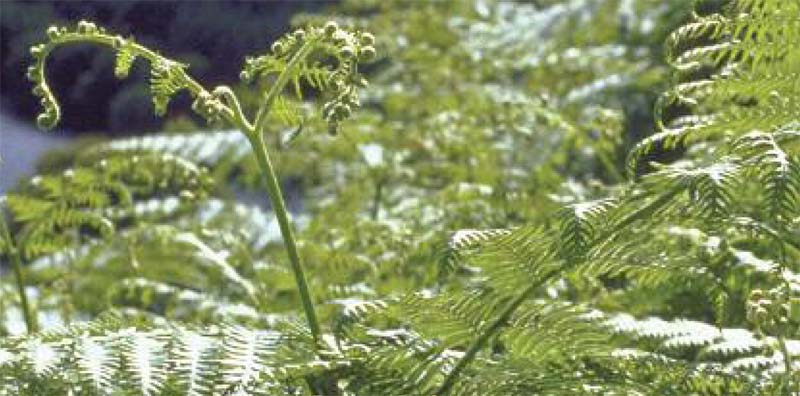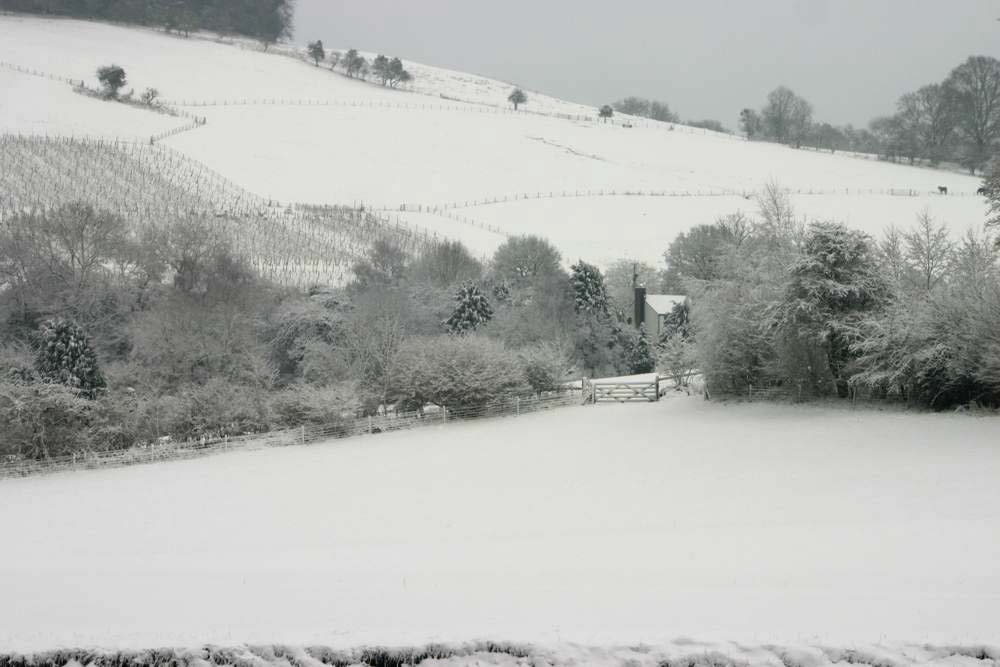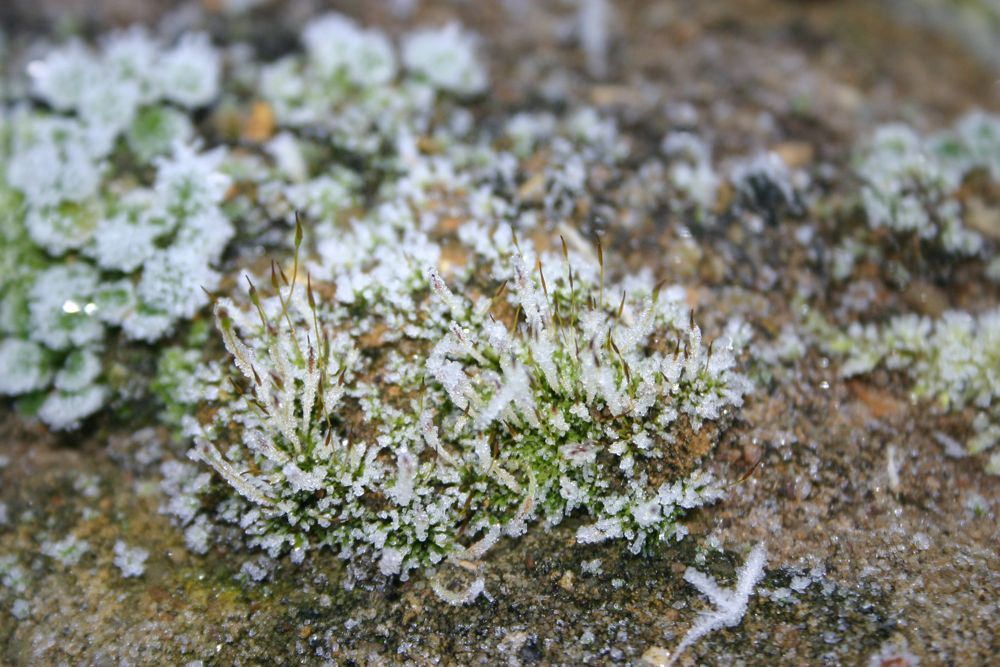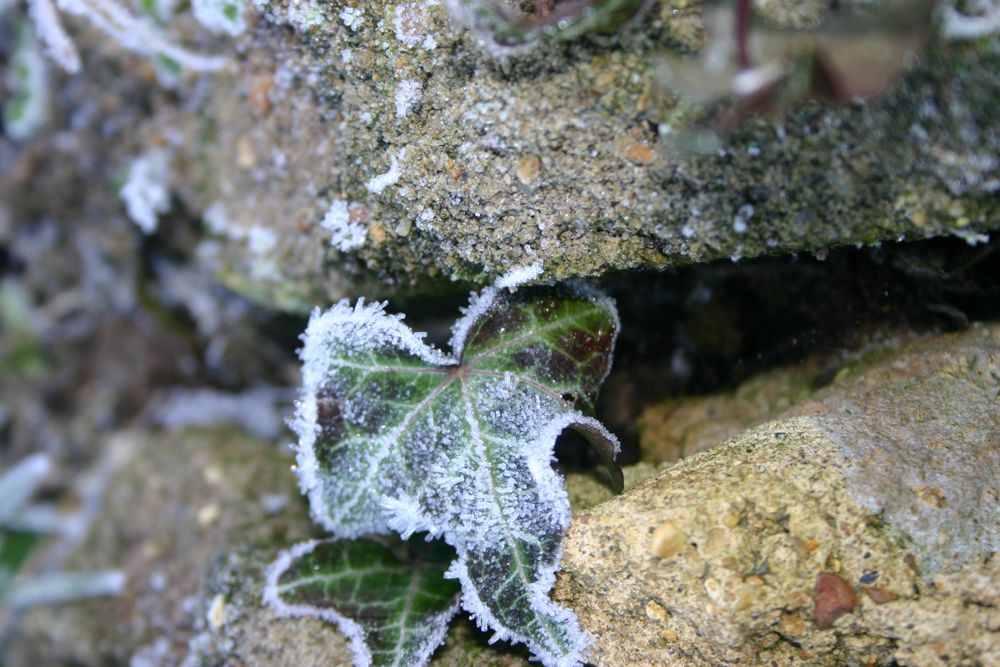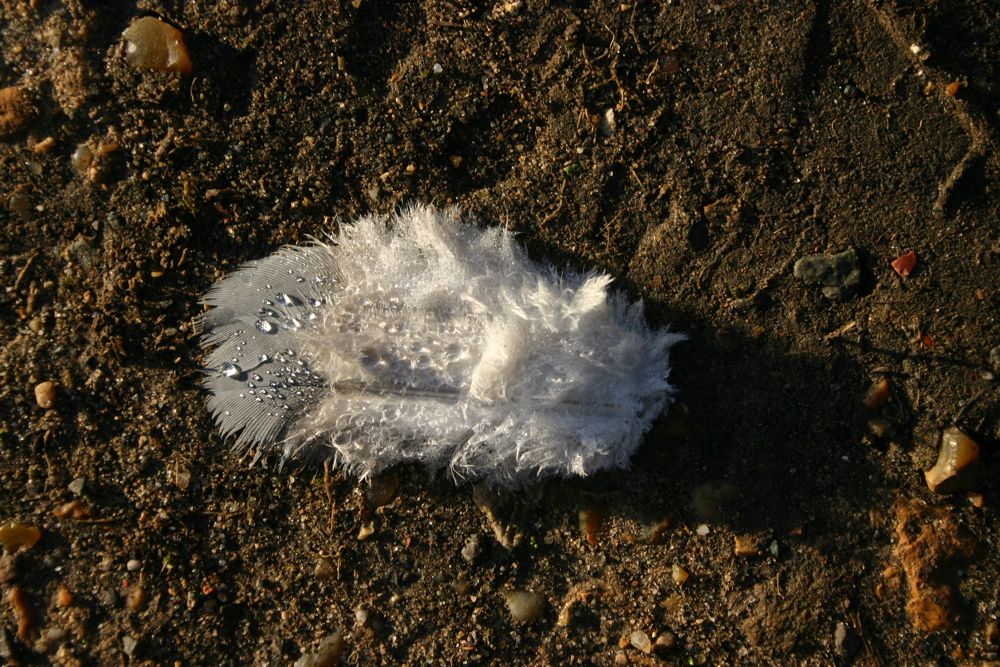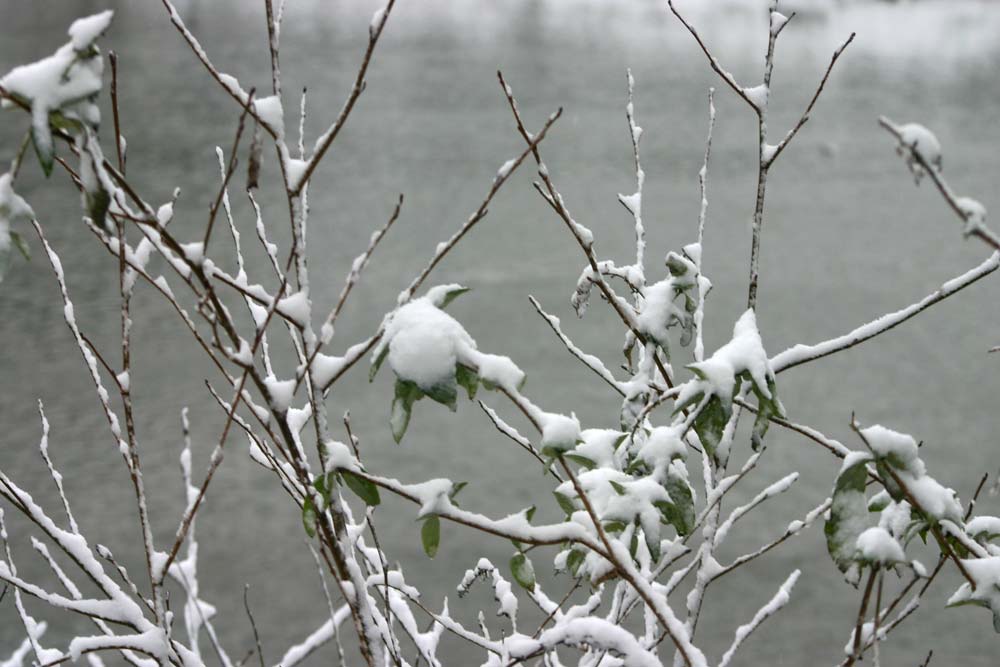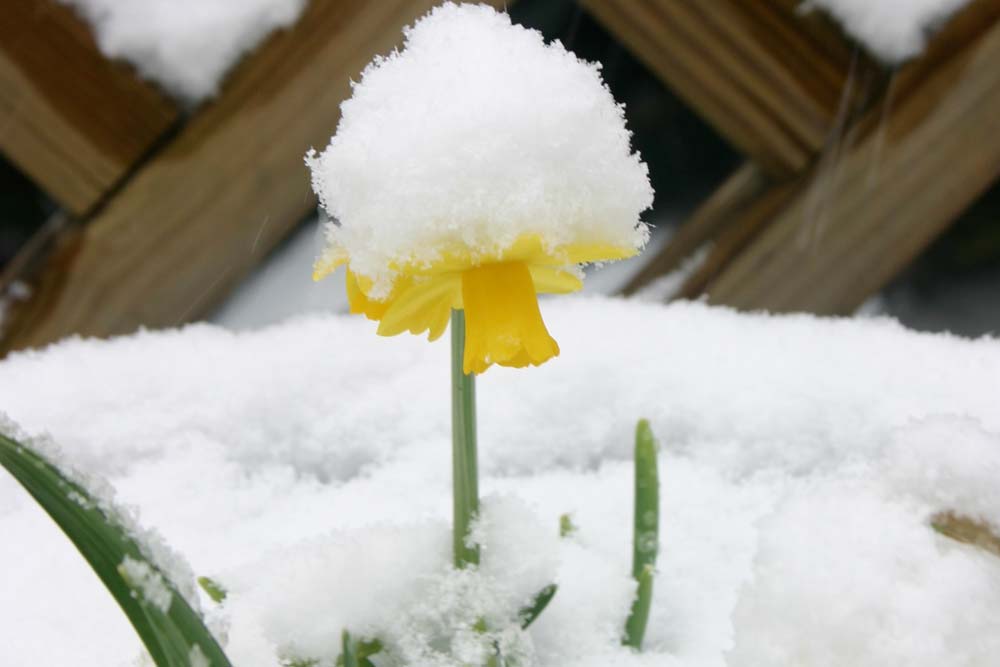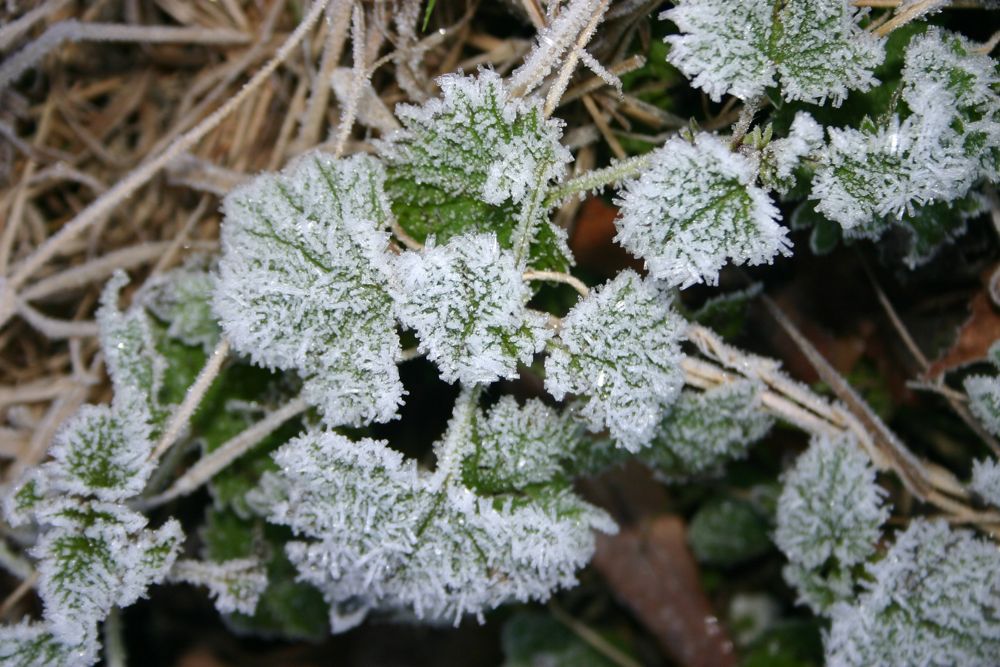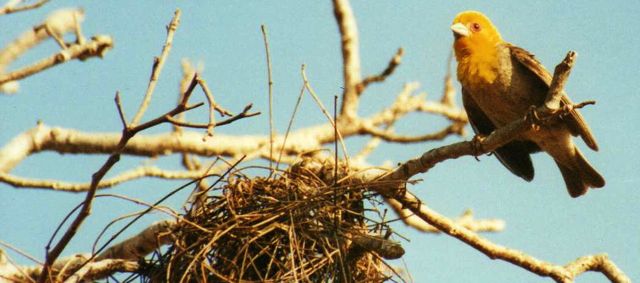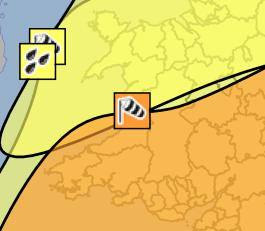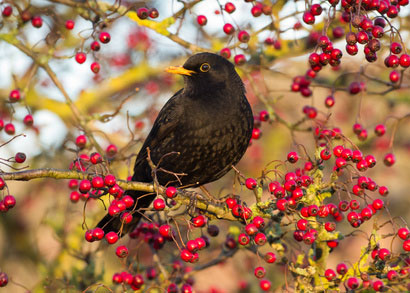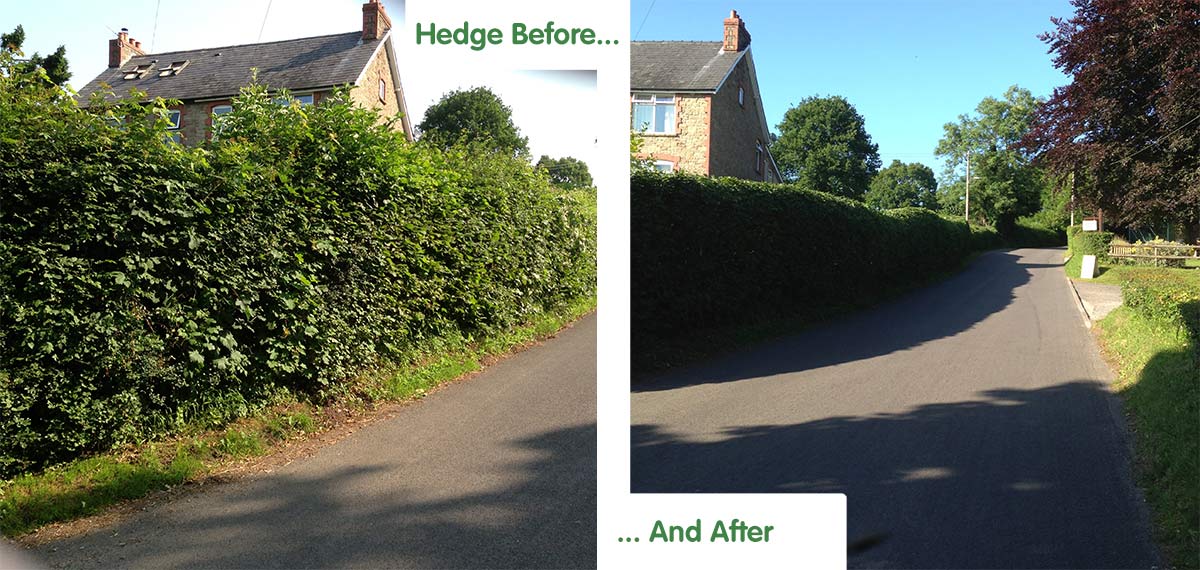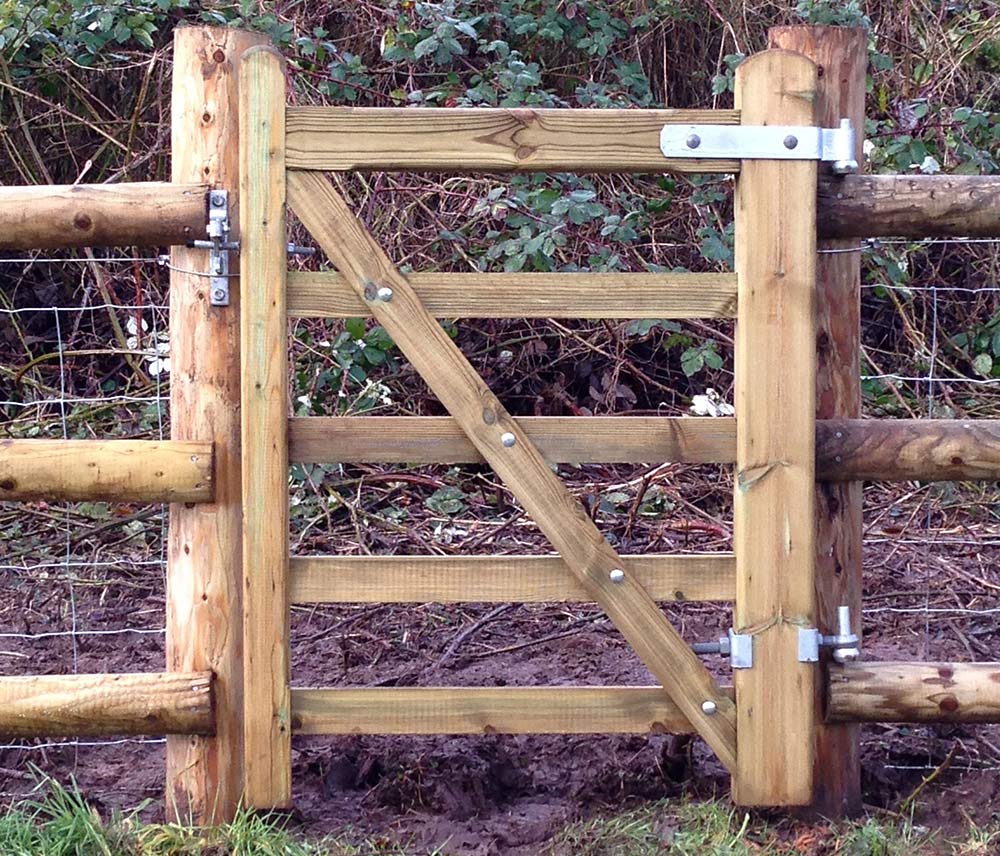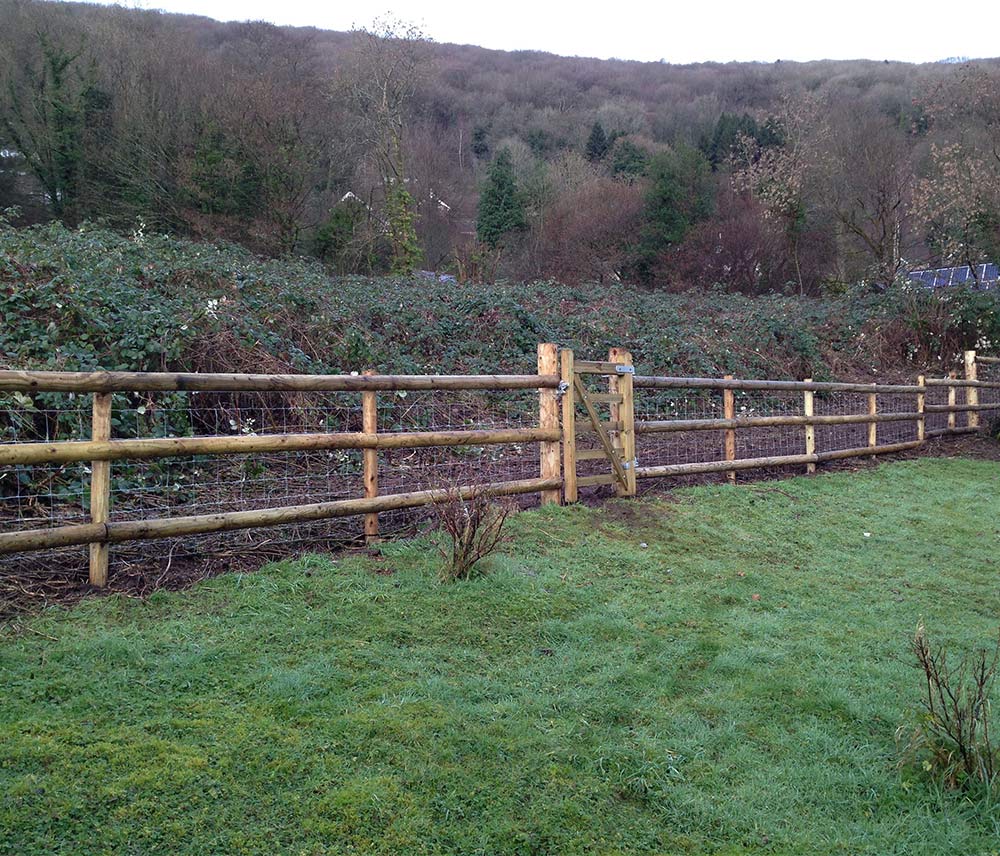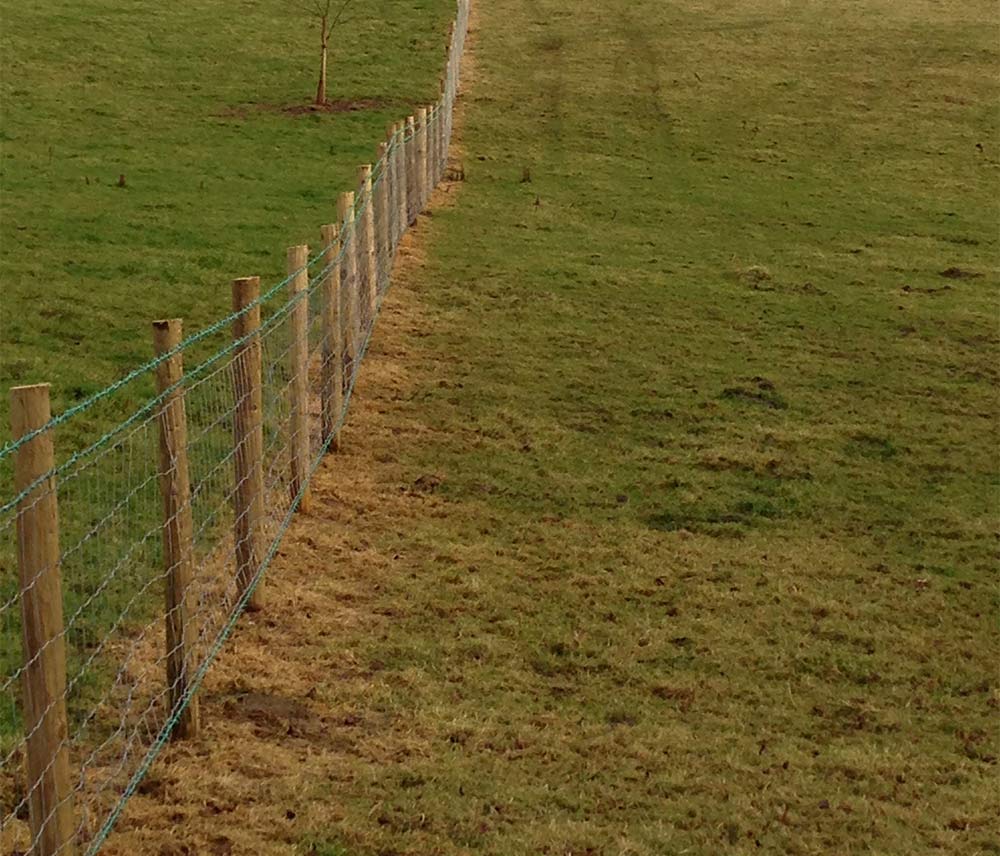July: A time for peak growth in invasive weeds
July is the peak growing season for many plants, not least of which are the various invasive weeds that thrive here. Our government takes a fairly strong stand on the matter of invasive weeds. Their website spells it out for us like this:
"Invasive non-native plants are species which have been brought into the UK that have the ability to spread causing damage to the environment, the economy, our health and the way we live. Injurious weeds are native species, which have been deemed to cause a problem to farming productivity."
The government site then goes on to say: "If you have invasive plants or injurious weeds on your premises you have a responsibility to prevent them spreading into the wild or causing a nuisance.
You must not plant or otherwise cause to grow in the wild any plant listed on schedule 9 of the Wildlife and Countryside Act 1981.
You are not obliged to remove or treat invasive plants, but you must not:
- allow invasive plants to spread onto adjacent land - the owner of that land could take legal action against you
- plant or encourage the spread of invasive plants outside of your property - this can include moving contaminated soil from one place to another or incorrectly handling"
Information source:
Department for Environment, Food and Rural AffairsThere are hundreds of species of invasive weeds present in the UK, some of the most common and problematic include:
- Japanese Knotweed (Fallopia japonica)
- Giant Hogweed (Heracleum mantegazzianum)
- Himalayan Balsam (Imaptiens glandulifera)
There are very stringent guidelines governing the removal and disposal of such plants, which makes it very much a job for the professional.
At Brooke Estate Management, we use the Stem Injection Technique, which is the most efficient way of killing off these invasive weeds. Eradication can take just one growing season if they are caught at the right time, whereas other methods often need to be repeated for several years to remove the problem plants entirely. For sound advice and a fast, competitive quotation for dealing with your invasive weed problem, simply call us on the number shown (it's free), or click in the header of any page to email us.


